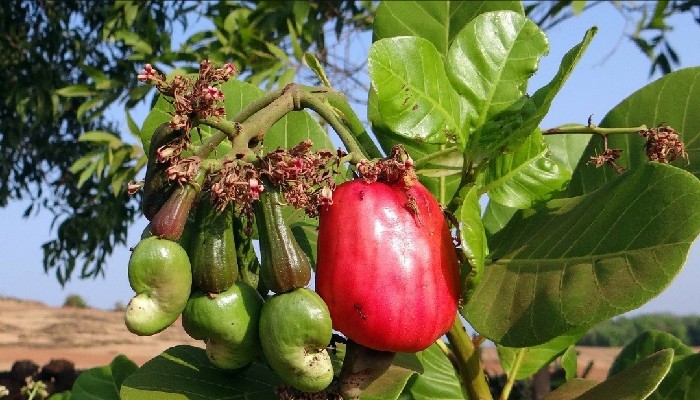Agricultural Produce Marketing Committees (APMCs) will have access to the Agriculture Infrastructure Fund to augment facilities
A focus on rural infrastructure development, extension of village land ownership records scheme to cover the entire country, and greater access to the Agricultural Infrastructure Fund are among the measures outlined in the Union Budget 2021-22 as part of inclusive development for an aspirational India.
The Budget presented by Union Finance Minister Nirmala Sithararam today includes steps to increase the coverage of e-marketing for agricultural produce.
About 1,000 more mandis (farmers' markets) will be integrated with e-NAM. Right now, about 1.68 crore farmers are registered and Rs 1.14 lakh crore of trade value has been carried out through e-NAMs.
Another important measure outlined by Sitharaman is meant to provide Agricultural Produce Marketing Committees (APMCs) access to the Agriculture Infrastructure Fund to augment and upgrade their facilities.
She also used the speech to reiterate the Modi government's commitment to the welfare of farmers over the years, pointing out that there was a steady increase in the procurement of wheat, rice, and pulses from farmers over the past several years.
The Minimum Support Price (MSP) regime had also undergone a sea change to ensure prices at least 1.5 times the cost of production across all commodities, she added.
Scheme for rural property ownership cards to cover all of India
The SWAMITVA Scheme, which provides for property ownership records in villages, will be extended to all states and Union Territories (UTs). Up till now, about 1.80 lakh property-owners in 1,241 villages have been provided cards, Sitharaman said in her Budget speech.
In addition to this, the target for agricultural credit has been enhanced to Rs 16.5 lakh crore in the next financial year. Under this, the Government will focus on ensuring increased credit flows to animal husbandry, dairy, and fisheries.
As part of proposals for the agriculture and rural sector, the Finance Minister enhanced the allocation to the Rural Infrastructure Development Fund from Rs 30,000 crore to Rs 40,000 crore. The Micro Irrigation Fund, started with a corpus of Rs 5,000 crore under NABARD, has also been doubled by adding another Rs 5,000 crore.
The Operation Green Scheme, which currently covers tomatoes, onions, and potatoes (TOPS) will now include 22 more perishable products. This will boost value addition in agriculture and allied products and their exports.
Five major fishing harbours to be developed
Sitharaman proposed substantial investments in the development of modern fishing harbours and fish landing centres. To begin with, five major fishing harbours – Kochi, Chennai, Visakhapatnam, Paradip, and Petuaghat – will be developed as hubs of economic activity. The Finance Minister also proposed to develop inland fishing harbours and fish-landing centres along the banks of rivers and waterways.
In addition to the harbours, Sitharaman proposed the establishment of a Multipurpose Seaweed Park in Tamil Nadu. This was an emerging sector with the potential to transform the lives of coastal communities by providing large scale employment and additional incomes.
 Contact Us
Contact Us  Subscribe Us
Subscribe Us









 Contact Us
Contact Us
 Subscribe
Subscribe
 News Letter
News Letter

